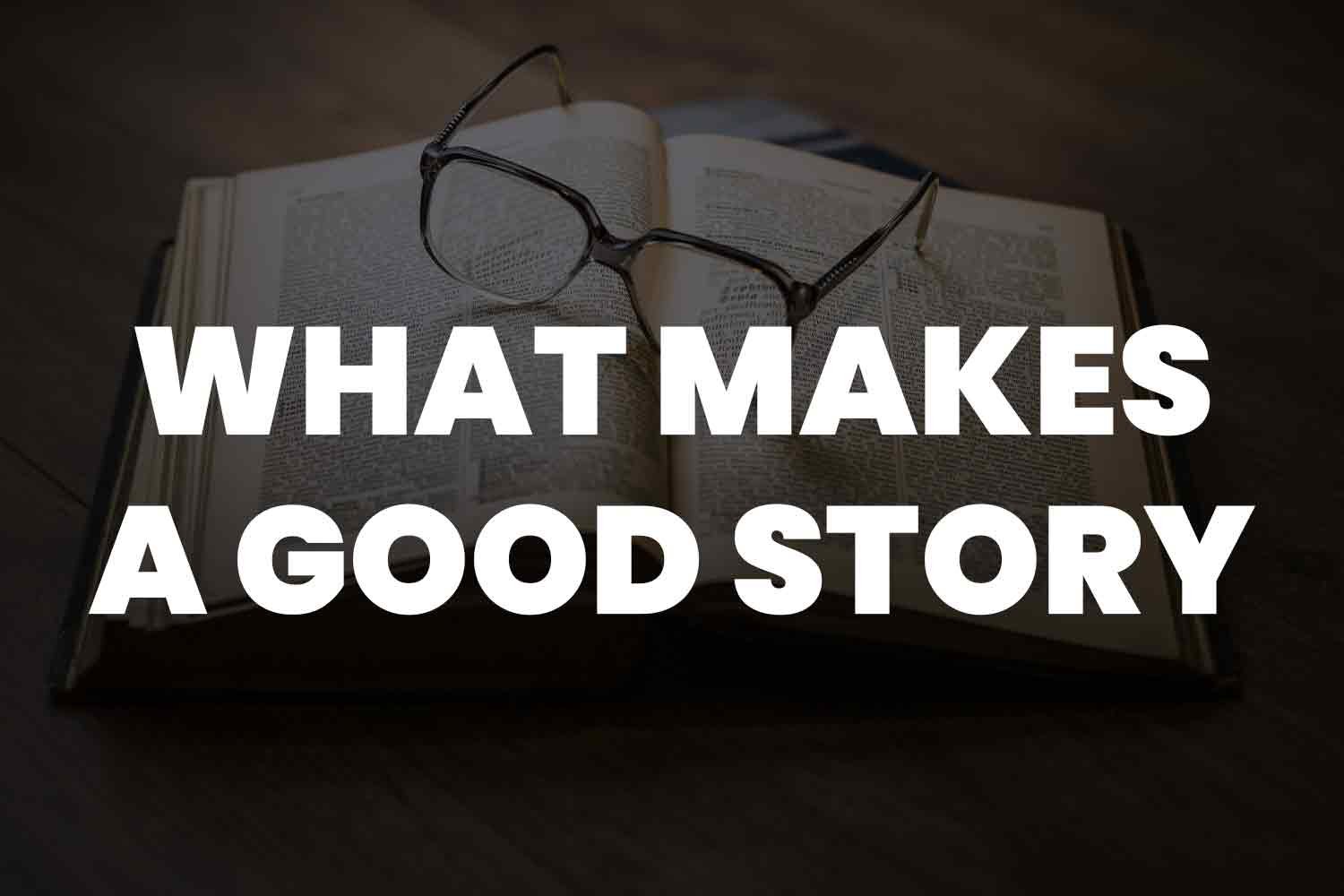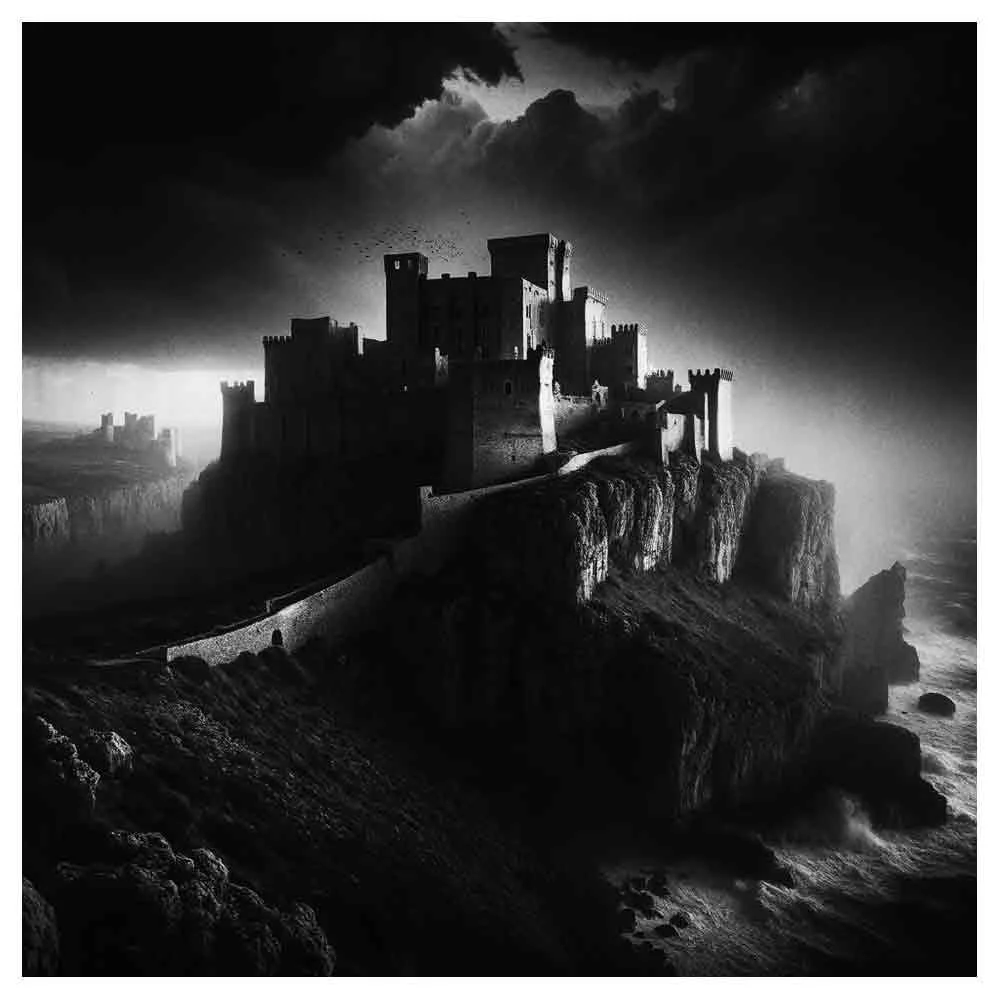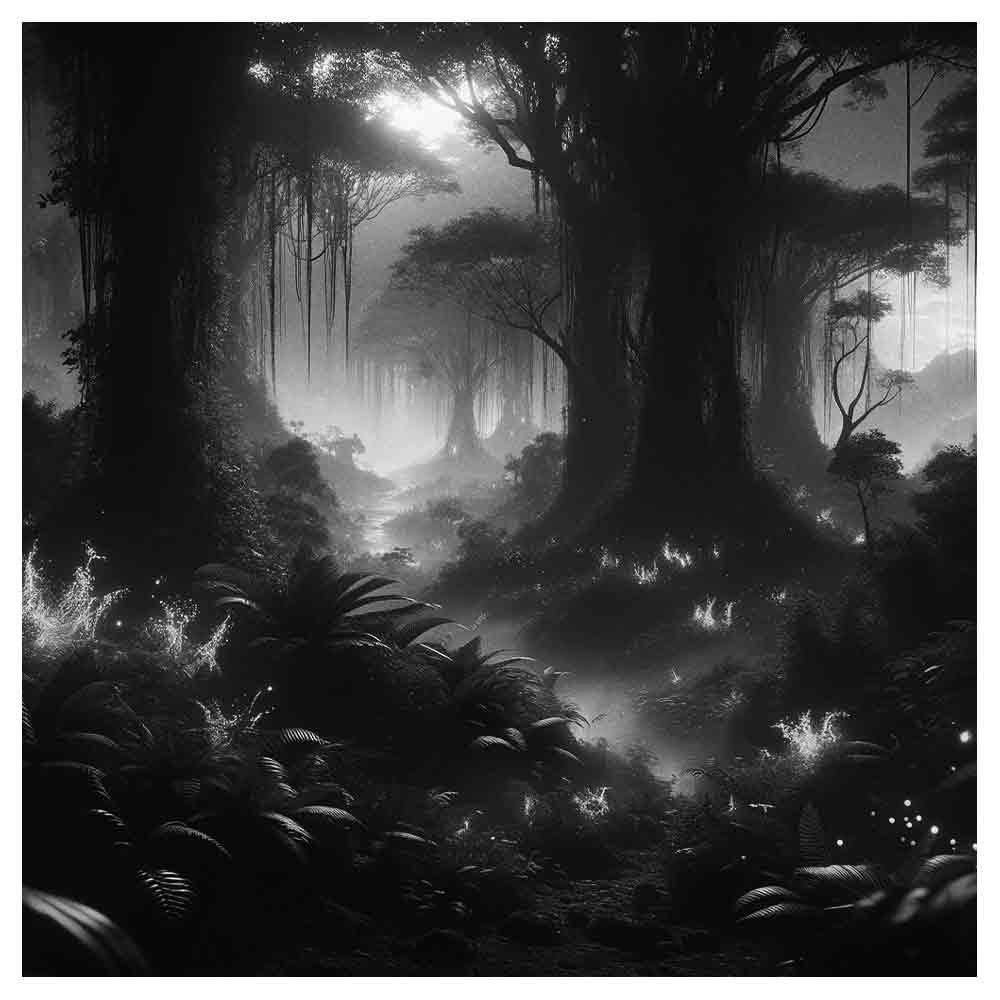What Makes a Good Story? An Expedition Into the Art of Storytelling
When you immerse yourself in the literary world, it is inevitable that the query, “what makes a good story,” whispers in your ear, reminding you of the enigma that is a truly compelling story.
Stories are the nucleus of our own lives, offering a tapestry woven with threads of myriad colors representing different emotions, journeys, and conclusions.
In this article, we’ll embark on a quest to unravel the essence of a great story, engaging in the meticulous analysis of its bones and sinews.
I. Essence of a Good Story: Foundation Stones
When we talk about story structure, we venture into the labyrinthine halls laden with shadows and light, both elements battling to create stories that will either captivate the reader's soul or fall flat, buried under the sands of time.
Some key elements anchor a story, giving it wings to soar. These include:
Memorable Characters
Insightful Theme
Good Plot
Engaging Conflict
Appealing Style
II. Memorable Characters: The Heartbeat of a Tale
A main character is the heartbeat of any good story. Characters like Harry Potter do not just populate the world within the book; they echo through time, living in the chambers of our hearts.
It’s not just about creating interesting characters; it’s about breathing life into them, making them reflections of our own triumphs and struggles.
Personal Experience
Inner Conflict
Development and Growth
These elements make characters relatable and real, enabling readers to see themselves within the written word, and feel a connection with the hero or heroine.
III. Theme: The Silent Whisperer
An insightful theme is the whisperer hidden amidst the words, talking about life, love, adventure, romance and myriad other aspects of human existence. It is the subtle thread tying together the elements of a good story, lending depth and meaning.
Whether it’s a short story discussing family ties or a novel exploring future worlds, theme is the compass guiding the writer and the reader through the uncharted territories of human emotions.
IV. Plunging into the Plot: The Backbone of a Tale
A good plot is a tightrope that writers walk, balancing various elements, ensuring the story doesn’t lose its balance and tumble into the abyss of the forgotten.
The inciting incident, the rising action, the climax, and the falling action; these are the stepping stones that writers strategically place, leading the readers on a journey of excitement, tension, and resolution.
When we talk about a great plot, we’re talking about a sequence that makes the reader feels every emotion, every twist, and every revelation. It’s the labyrinth that keeps the readers hooked, wondering what’s lurking around the next corner.
V. Style: The Unique Fingerprint
Every writer possesses a unique style, a fingerprint that they leave on every page, on every word. The way a writer chooses to express their thoughts, whether it's in first person or third person, influences how the reader perceives the story.
First Person: Provides an intimate insight into the character's thoughts, allowing the reader to walk in the character’s shoes.
Third Person: Offers a broader perspective, enabling a panoramic view of the events unfolding.
VI. Engaging Conflict: The Fuel of the Tale
Conflict is the fuel that propels the story forward, igniting the flame of tension and keeping the audience’s attention ablaze.
Whether it’s internal turmoil or external adversity, conflict is the catalyst, transforming the protagonist, compelling them to evolve.
VII. The Genre Conundrum: A Diverse Universe
The genre is the vessel that carries the story across the seas of readers' preferences, be it romance, adventure, or best fiction, catering to the varied palates of the literary world. Each genre has its own set of rules, its own magic, creating diverse worlds for readers to explore and lose themselves in.
VIII. The Art of Beginning: The Initial Plunge
The beginning of a story is the gateway, the portal through which readers step into a new world. It is the enchantress that either weaves a spell, keeping the readers entrapped, or loses its magic, releasing them back into reality.
It’s crucial that writers start writing with a bang, instigating curiosity, making the readers wonder, making them hungry for more.
IX. Bridging Worlds: The Magic of Storytelling
Storytelling is the ancient art, a bridge between worlds, a conduit between the obvious and the hidden. It's a dance between the words and the unwritten, between the said and the unsaid.
Whether it’s a story etched on ancient walls or a modern-day novel, the art of storytelling is timeless, transcending boundaries, cultures, and generations.
X. A Kaleidoscope of Stories: Embracing Diversity
Stories are the kaleidoscopes of life, every twist presenting a new pattern, a new world, a new perspective.
They are the whispers of the wind, the murmurs of the leaves, the echoes of the unseen. Every story is a fragment of the vast universe, a slice of the boundless cake of existence.
Short Story: A glimpse, a fleeting moment capturing the essence of life in a few pages.
Novel: A journey, a voyage through the tapestries of existence, exploring the unseen, the unheard.
Fiction: A canvas painted with the colors of imagination, creating worlds unheard of, unseen.
XI. Weaving the Tapestry: Creating a Masterpiece
When we venture into the realm of creating a masterpiece, we need to start building with the right tools, the right materials.
The way good writers weave words together, the way they make every word, every sentence count, is what distinguishes a good story from a great one.
Attention to Detail
Rich Imagery
Fluidity and Coherence
These are the threads good writers use to weave the tapestry of their tales, to create a world where every shadow has a story, every light a secret.
XII. Conclusion: The Ever-Evolving Art of Storytelling
As we delve into the mysteries of what makes a good story, we realize that storytelling is an ever-evolving art. It’s not about adhering to a fixed set of rules; it’s about breaking boundaries, about exploring the unexplored.
A compelling story is not just a combination of well-placed words; it’s a living entity, a breathing organism that grows, evolves, and transforms. It’s an expedition where the writer is both the guide and the traveler, discovering new territories, unveiling new horizons.
To achieve a great story, one must plunge into the depths of their soul, must explore the uncharted territories of their mind, and must be willing to bare their soul, to bleed on the paper. It’s not about writing what you know; it’s about writing what you feel, what you believe, what you live.
In the symphony of words, in the dance of shadows and light, we find the essence of what makes a good story. We find the echoes of our own lives, the whispers of our own tales, and the shadows of our own journeys.
So, let’s keep writing, let’s keep exploring, and let’s keep discovering the boundless universe of stories, for in them, we find our own reflections, our own worlds.
Frequently Asked Questions About Making a Good Story (FAQs)
What, in essence, makes a good story?
At its core, what makes a good story is a concoction of interesting characters, a solid plot, an insightful theme, and the ability to hold the audience's attention.
It’s like cooking up a storm in the kitchen of creativity, where every ingredient matters!
How important is the main character in telling a compelling story?
Extremely! The main character is the heartbeat of any good story. They are the ones whose journey we follow, whose triumphs and tribulations make the story fun, and resonate with our own lives.
Without a well-developed main character, a story might just fall flat!
Can a short story achieve the same impact as a novel?
Absolutely! The length of the story doesn’t necessarily dictate its impact. A well-written short story can be as compelling and impactful as a lengthy novel, as long as it has all the key elements of great storytelling intact.
Is it important to have an inciting incident in every story?
Yes! The inciting incident is like the spark that starts the fire of your story. It propels the main character into the rising action and gives the reader a reason to journey through the story.
What role does the audience play in creating a compelling story?
Engagement: The audience’s attention and engagement can transform a good plot into a great story.
Interpretation: How the audience interprets a story can add layers to it, making it richer and more multidimensional.
Feedback: Audience reactions and feedback can help good writers become great, refining their style and approach.
Can one write a great story from personal experience?
Yes, personal experience can be the golden ticket to storytelling! Drawing from life imbues your writing with authenticity and can help you create stories that feel real and resonate with your readers.
It’s like embedding little fragments of your soul into the words!
Should a story be written in first person or third person to make it more interesting?
There’s no one-word answer to this! Both first person and third person have their merits. First person can provide a closer, more intimate look into the character’s thoughts and feelings, while third person can offer a broader, more encompassing view of the world of the story. Choose based on what your story demands!
How crucial is a well-structured falling action to a good story?
It’s paramount! A falling action after the climax provides resolution and a sense of closure, making the journey worthwhile for the reader. Without it, readers might feel like they’ve been left hanging in the literary winds!
Can a story be compelling without a conflict?
A story without a conflict is like a song without a melody! Conflict is the engine that drives the plot forward, pushes characters to grow, and keeps readers on the edge of their seats.
How can Harry Potter serve as an example of a great story?
Harry Potter is a classic example of a great story because it combines memorable characters, a gripping plot, a vividly crafted world, and themes that are universal.
It’s a concoction of adventure, family, friendship, and the eternal battle between good and evil, making it resonate with readers across genres and ages.
How can writers start building their story ideas?
Writers can start building their story ideas by:
Exploring Different Genres: Dive into a pool of genres! Be it romance, adventure, or best fiction, exploring different genres can be a treasure trove of ideas.
Observing and Talking: Observe the world around you, talk to different people, and hear their stories.
Creating a Word Cloud: Jot down every word, theme, or style that comes to your mind. It’s like knitting a quilt of ideas, one word at a time!
Drawing from Life and Personal Experiences: Your own life can be the best story generator. Use your experiences as the seeds and start writing!
Are memorable characters more important than a great plot?
This is like comparing apples and oranges! Both memorable characters and a great plot are vital elements of a good story.
While memorable characters make readers care about what happens next, a great plot ensures there is something interesting happening to those characters. They’re the two sides of the same storytelling coin!
How do good writers ensure that the reader feels a part of the story?
Good writers weave magic with their words, immersing readers in the world they’ve created. They craft relatable characters, paint vivid imagery, and construct realistic dialogues, making readers feel they’re not just spectators but participants in the unfolding drama.
What’s the significance of having a strong beginning in a story?
A strong beginning is like the appetizer in a gourmet meal! It sets the tone, whets the appetite, and compels the reader to delve deeper into the world of the story.
It’s the hook that catches the reader's attention and the push that propels them into the adventure.
Can anyone write a compelling story?
Yes! Writing a compelling story is not the exclusive domain of the seasoned novelist. With passion, perseverance, and a sprinkle of creativity, anyone can start writing and crafting tales that echo in the hearts of their readers!






























